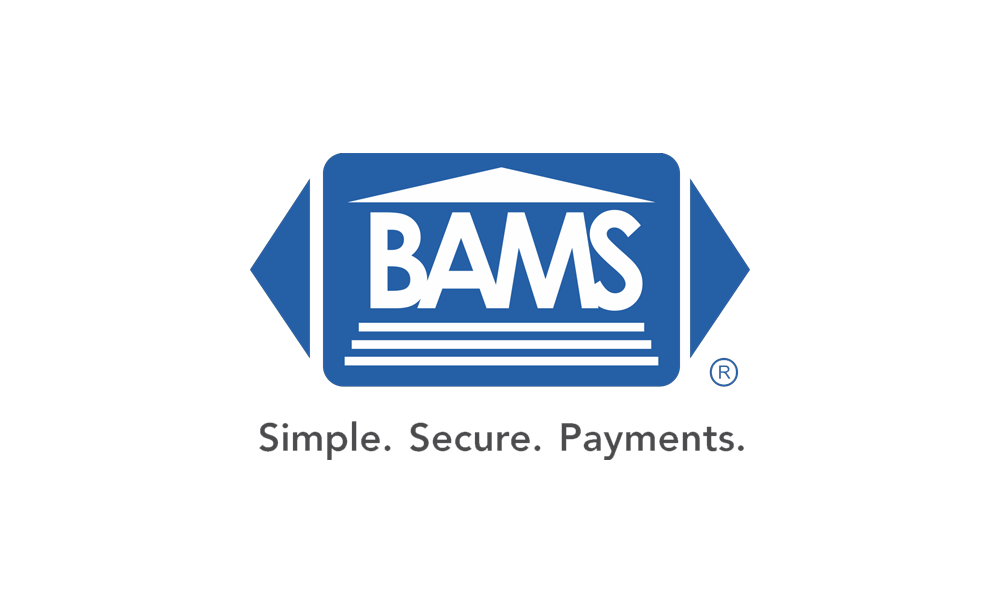What Is An Ecommerce Merchant?
An ecommerce merchant is a business that sells online and utilizes payment processing services to collect card payments. In a terminology-heavy industry like payment processing, it can be easy for confusion to arise about what certain terms mean and don’t mean. “Merchant” is one of those terms, and many people incorrectly assume that all businesses selling a product or service are merchants. To clarify things, the following is a brief rundown of what a merchant actually is, what ecommerce merchants do that makes them different, and why it benefits businesses so much to become a merchant rather than just a seller.
What Makes a Merchant Different from a Business?
Once upon a time, anyone that sold something was a merchant. While that definition could theoretically still be applied today, from a business perspective, a merchant represents a specific type of seller – namely, one that uses some type of payment processing service in order to accept card payments.
The best way to think about it is that a merchant always has a relationship with an acquiring bank – the type of bank that accepts credit card transactions. The merchant might work with an independent sales organization (ISO) or payment processor directly, but their transactions all go to the acquiring bank eventually.
As an example, a person who sets up a shop at a flea market and only takes cash is a business, but, as far as the payment processing industry is concerned, they aren’t a merchant. They will undoubtedly have a bank account, but not the kind that allows them to accept card payments. If that same seller signed up for their own merchant account or an account with a third-party processor like PayPal, they would then officially become a merchant as per the definition most used in the industry today.
What do Ecommerce Merchants Do?
Ecommerce merchants are merchants that sell goods or services and take payments online. Ecommerce merchants range from the largest international brands with complex web stores to the tiniest sites with a single PayPal payment button. The vast majority fall somewhere in between – often utilizing one of the many popular ecommerce systems available today like WooCommerce, BigCommerce, Shopify, and others.
The primary difference between ecommerce merchants and traditional brick-and-mortar merchants is the way they initially process credit card data. In a physical store, the data from the card is read by a payment terminal, encrypted, and sent on to the processor and the customer’s issuing bank. In ecommerce, the job of accepting and encrypting payment data falls to the merchant’s online payment gateway. Online payment gateways, like the ones made by NMI and other top providers, are ecommerce software systems designed to act as the hub through which all information exchanged between the customer and business flows. When a customer enters their card online to pay, it goes through the gateway. When the approval or denial comes back, the gateway passes it on.
With that being said, once a transaction has moved beyond the gateway and makes it to the merchant’s payment processor, there is effectively no difference in how the approval process is handled when compared to an in-store merchant.
What are the Benefits of a Merchant Account?
As mentioned earlier, businesses have options as to how they accept payments. Some extremely small businesses will choose to accept cash only – although, even among the smallest, that is becoming less and less common. Businesses that do decide to accept card payments have two primary options: they can sign up for their own merchant account, or they can sign up to accept card payments through a third party like PayPal or Stripe. Each option has its own benefits and drawbacks, but the vast, vast majority of businesses opt to have their own merchant accounts for a few different reasons.
First and foremost, a brick-and-mortar or ecommerce merchant with their own merchant account will pay less in transaction fees than a business opting to use a third-party processor. While third-party processors are often faster and easier to sign up with, it isn’t uncommon for their fees to be nearly double what a merchant would pay with a traditional merchant account using the interchange-plus pricing method.
Merchant accounts also provide a business with more involvement in their processing relationship. Providers like PayPal have notoriously strict terms of service with zero room for negotiation or personalization. A merchant account, by comparison, provides businesses with the ability to work with any processor they choose, negotiate terms, and find the processing services and value-added features that work best for their operations.
Getting Started as a Merchant
While getting set up with a merchant account does take a little more time than signing up with a third-party processor, it doesn’t have to be drawn out or difficult. One of the biggest things that slows down the process is a payment processor having to request more information before underwriting can be completed. The key to a fast approval is to ensure that the application is filled out as thoroughly and completely as possible.
At BAMS, our sales and support professionals are experts at walking new applicants through the application process and ensuring that each applicant can be matched with the ideal processing services for their business needs. Better still, because BAMS uses interchange-plus pricing – the lowest and most transparent price model in the industry – BAMS merchants get access to the most competitive rates available, guaranteed!
To find out more about how a BAMS merchant account can deliver the highest quality service at the lowest possible prices, get started with your free five-point price comparison today.




